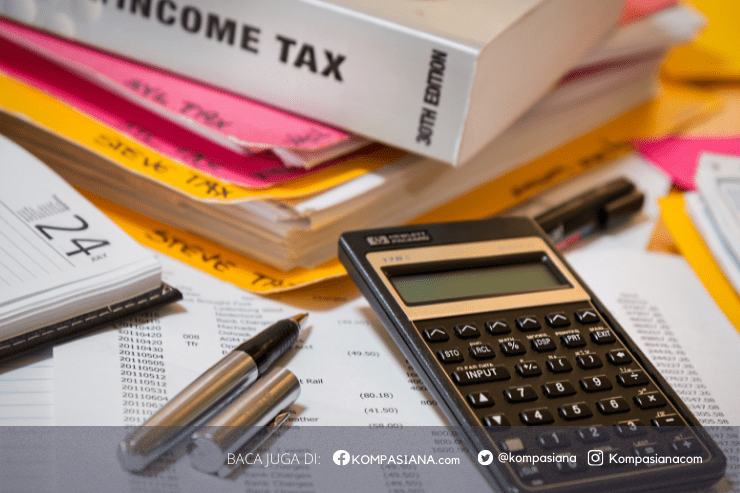According to data from the Ministry of Cooperatives and SMEs, around 40% of SMEs in Bengkulu have difficulty competing with low prices from imported or counterfeit products. This threatens the sustainability of their businesses, especially those that rely on higher quality local products.
2. Lack of Legal Protection for SMEs
One of the major challenges faced by SMEs in doing business on e-commerce platforms is the lack of clear legal protection, both from the consumer side and the business actors themselves. Many SMEs are victims of fraudulent practices or inappropriate claims from buyers. On the other hand, law enforcement against illegal business actors or foreign e-commerce that do not fulfill their tax obligations is also still weak.
For this reason, clear regulations are needed to create a fairer business climate. In this context, Law No. 7 of 2014 concerning Trade and Law No. 8 of 1999 concerning Consumer Protection must be updated and adjusted to the development of digital technology. For example, SMEs that sell products through e-commerce platforms need to get guaranteed rights to the products they sell and protection from invalid claims by consumers.
3. Tax and Trade Regulation Issues
With the development of e-commerce, SMEs in Bengkulu are also faced with tax challenges. Although SMEs are entitled to certain tax deductions or incentives, many business actors do not know or do not understand their tax obligations in e-commerce, especially related to cross-regional and cross-country transactions. Based on data from the Directorate General of Taxes, in 2023, around 50% of SMEs in Bengkulu who sell online do not fully understand their tax obligations.
Government policies contained in PP No. 80 of 2019 concerning Trading Through Electronic Systems and Minister of Finance Regulation No. 210/PMK.010/2018 concerning online trading taxes need to be further socialized so that SMEs understand their obligations in reporting e-commerce taxes. This is very important to create a fair and transparent market for all business actors.
Solutions and Future Hopes
To ensure that SMEs in Bengkulu canTo maximize the potential of e-commerce, several steps need to be taken:
1. Legal Counseling and Digital Education
The Bengkulu Provincial Government together with related agencies must be more active in providing education and training related to e-commerce regulations, consumer rights, and tax obligations for MSMEs. Socialization of Law No. 11 of 2008 concerning Information and Electronic Transactions (UU ITE) and Law No. 19 of 2016 which regulates online transactions needs to be expanded so that MSMEs can operate more safely.







